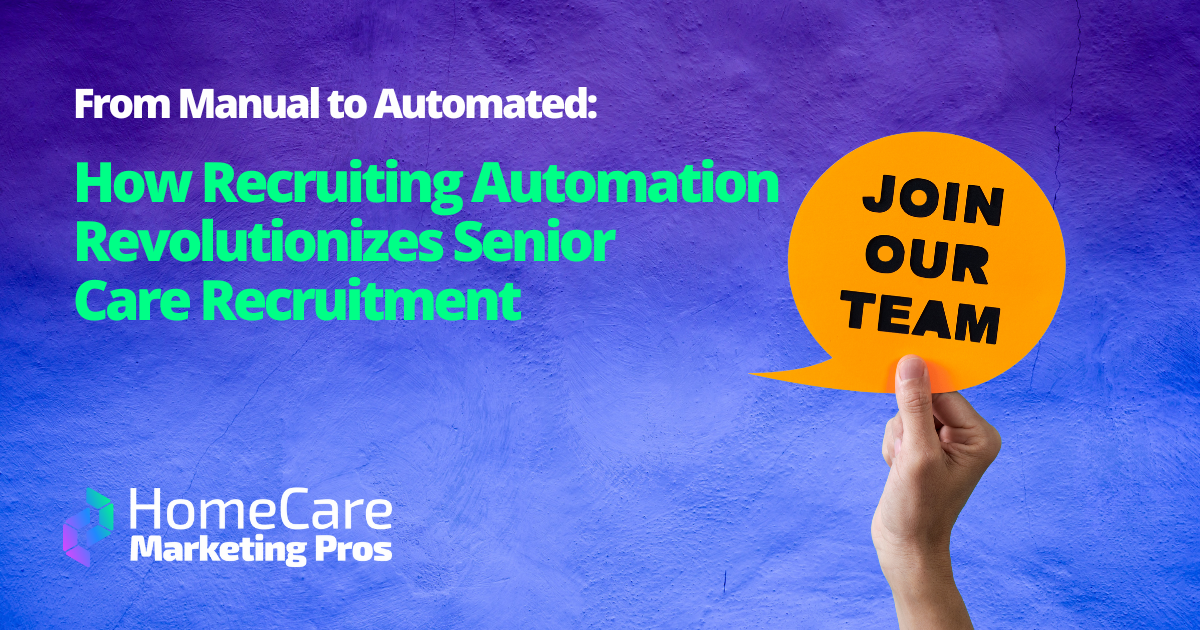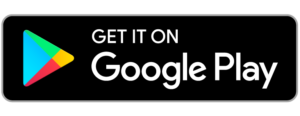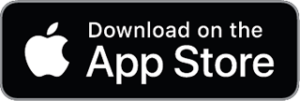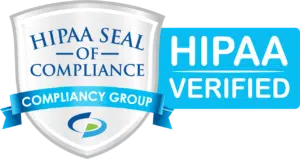Written and contributed by Michael Giudicissi, CEO, Power Shot Training, Inc
Forgive me if the number is incorrect.
1000….
Perhaps it is 874, or maybe even 1157……but 1000 is close enough to the real number to create a great headline, and for me to share some very valid information with you.
I am a sales training and coaching consultant. The majority of my work during the past 10+ years has been in the home healthcare industry. Licensed in home care, hospice care, medical equipment, and non medical caregivers all fit within this industry. The industry is characterized with almost ridiculous competition among providers. Major markets such as Dallas/Forth Worth, Chicago, Los Angeles, Miami and others feature hundreds, and sometimes over 1,000 competitors delivering essentially the same services. While salespeople love to talk about how much better their agency is, or how unique they are ….in this industry much of that is lip service. It always comes down to responsiveness and professionalism…..except when it doesn’t. When it doesn’t, it comes down to cronyism and gifting….neither of which demand professional salesmanship.
Salespeople love to talk about how much better their home care agency is, or how unique they are ….but in this industry much of that is lip service.
So, if you are a hiring manager in the home care industry, what are you looking for? For years, the industry fell in love with the Community Liaison or Marketer. These were people who were tasked with fostering euphemistic things like “community awareness & education” and “relationship building”. Those things all worked well….right up until the time they didn’t.
My goal in the 10+ years since founding Power Shot Training, Inc. was to attract a more professional level of salesperson to the industry. Once they were in, I designed selling methodologies for them to follow for success, and to differentiate them from their many competitors. When I was given the chance to have a part in both sides…recruiting/hiring and training….our success levels were very high. Often we were (and still are) called in after the fact to train or coach a rep that was hired with the old model in mind. Our success rates are not nearly as high in these scenarios. As I’ve said to many a client, our expertise is taking good sales reps and making them better. We are not able to take broken sales reps (as in, those that simply cannot or will not sell) and fix them.
I have used the Extended DISC assessment for interviewing, coaching, and training since founding the company. I have found that behavior is the key driver in most human interactions. Understanding human behavior is a great gift you can give your team as their manager. Understanding your own behavior and becoming a self directed person because of that knowledge is a great gift you can give the world. I have a somewhat unique perspective on DISC behavior. I often get to behaviorally interview candidates that later get hired. When they do, they sometimes get sent to me for coaching so I already “know” them and what drives them. That dramatically shortens the learning curve for me as a sales coach. Other times, I am asked to work with people I’ve never met….and the Extended DISC assessment allows me to get up to speed quickly with them. It also gives me quick insight into why they might be failing and offers some routes to fix their performance (IF the rep is willing to put in the work….both in the field, and on themselves). I’ve seen many reps that I’ve helped hire flourish and grow in their career….with their underlying behavior still pushing them to great heights years later. I’ve also seen reps that were not a good behavioral fit for their position struggle….and turn up at job after job around the industry. These are the “6 month wonders”…..that can’t stick anywhere for more than 6 months. It’s a good thing for them that healthcare is such a forgiving industry as they seem to have little challenge finding someone else who believes they will finally be able to sell.
That then brings me to the point of this article….what have I learned over the years during all of these interviews, training, and coaching sessions? Let’s start with the most obvious (to me) and the most vital.











